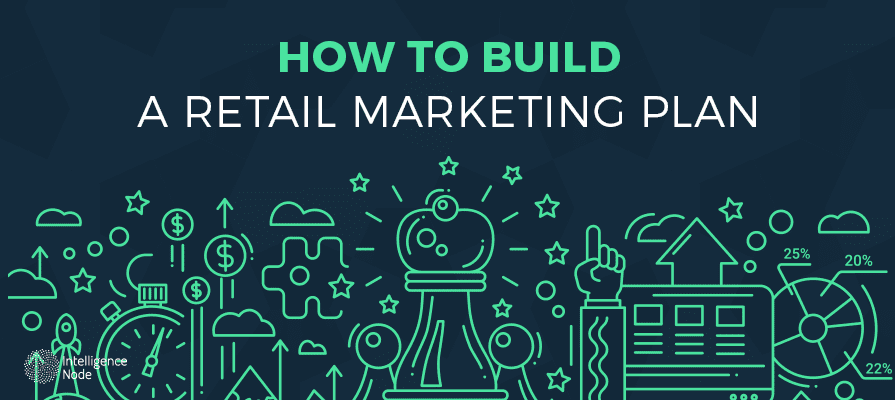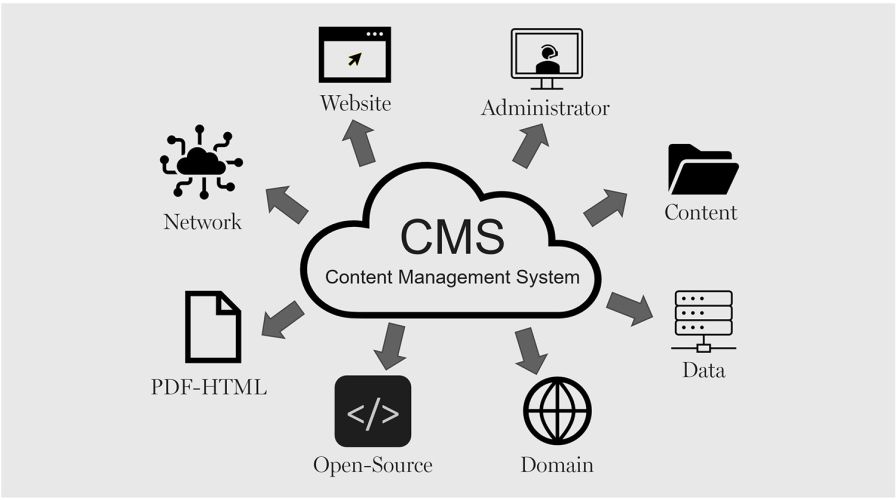What are the Strategies for online Retailers?
Building a strong backlink profile is crucial for online retailers aiming to improve their search engine ranking and drive organic traffic. Here are compiled ten effective link building strategies specifically tailored for ecommerce businesses:
1. Content Marketing with a Blog:
- Establish a blog as an integral part of your website to consistently publish high-quality content.
- Address industry trends, product highlights, and informative guides relevant to your target audience.
- Experiment with different content formats like blog posts, infographics, and videos to find what resonates best.
2. Leverage Social Media Platforms:
- Maintain active profiles on major social media platforms like Facebook, Twitter, and LinkedIn.
- Engage with potential customers by sharing valuable content, promotions, and industry insights.
- Promote your blog posts and other website content through social media channels.
3. Embrace the Power of YouTube:
- Don’t underestimate YouTube’s influence as a search engine and a content marketing platform.
- Create engaging video content showcasing your products, company culture, or behind-the-scenes glimpses.
- Embed these videos on your website to enhance user experience and brand storytelling.
4. Guest Blogging for Industry Authority:
- Identify reputable blogs within your niche with a strong readership base.
- Craft compelling guest post ideas that align with the target blog’s audience and editorial focus.
- Secure guest posting opportunities to gain valuable backlinks and reach a wider audience.
5. Claim Unlinked Brand Mentions:
- Conduct regular online searches for your brand name to identify mentions that lack backlinks.
- Reach out to the website owners with a polite email expressing gratitude for the mention and requesting a link back to your relevant website page.
6. Analyze Competitor Backlink Strategies:
- Use SEO tools to analyze the websites linking to your competitors.
- Identify potential link-building opportunities on websites relevant to your industry.
- Develop a unique value proposition to convince these websites to link back to your content.
7. Issue Strategic Press Releases:
- Leverage press releases to announce newsworthy events like brand partnerships, product launches, or industry awards.
- Distribute your press releases to relevant media outlets and online press release platforms.
- Secure media coverage with backlinks to your website for increased brand awareness and search engine visibility.
8. Link Building Through Job Postings:
- When advertising job openings on external platforms, include a link back to your website within the job description.
- While these links might be marked as “no-follow,” they can still drive qualified candidates to your website, potentially leading to future hires.
9. Community Engagement Through Local Sponsorships:
- Sponsor local events to build brand awareness and establish goodwill within your community.
- Negotiate sponsorships that include a link back to your website on event websites and promotional materials.
10. Build Relationships with Backlinks from Trusted Sources:
- Identify services or products you genuinely use and appreciate.
- Offer to provide a testimonial on the vendor’s website in exchange for a link back to your site.
- This strategy strengthens your backlink profile with a relevant and trustworthy source.
By implementing these ten link-building techniques, online retailers can significantly improve their website’s search engine ranking, attract organic traffic, and ultimately drive sales. Remember, consistent effort and high-quality content creation are key to building a sustainable and successful link-building strategy.
key strategies that can help online retailers boost their sales and enhance their business:
- Curb Appeal:
- Curb appeal refers to the look and feel of your online store. Just like a well-designed physical storefront attracts foot traffic, an appealing website design encourages visitors to explore and shop.
- Ensure your website is user-friendly, with easy navigation, clear product categories, and high-quality images.
- Optimize your landing pages to create a positive first impression and guide users toward relevant products.
- Video Marketing:
- Leverage the power of video content to engage your audience. Create product videos, tutorials, or behind-the-scenes glimpses.
- Videos can showcase product features, demonstrate use cases, and build trust with potential customers.
- Social Media Marketing:
- Utilize social media platforms to connect with your audience. Share product updates, promotions, and user-generated content.
- Engage with followers, respond to comments, and run targeted ad campaigns on platforms like Facebook, Instagram, and Pinterest.
- Community Building:
- Foster a sense of community around your brand. Encourage user-generated content, host online events, and create a loyal customer base.
- Consider starting a loyalty program to reward repeat customers and encourage referrals.
- Retail Packaging:
- Even in the digital realm, packaging matters. Invest in attractive packaging for shipped products.
- Unboxing experiences can leave a lasting impression, leading to positive reviews and repeat business.
- Event Marketing:
- Host online events such as flash sales, product launches, or webinars. Create a sense of urgency and exclusivity.
- Collaborate with influencers or other brands to expand your reach.
- Direct Mail:
- Email marketing remains effective. Send personalized emails to your subscribers.
- Use email campaigns for product announcements, special offers, and abandoned cart reminders.
- Loyalty Programs:
- Reward loyal customers with discounts, early access to sales, or exclusive content.
- A well-structured loyalty program can increase customer retention and lifetime value.
- Influencer Marketing:
- Partner with influencers or bloggers in your niche. Their endorsement can introduce your brand to a wider audience.
- Authentic influencer collaborations can build trust and credibility.
- Market Research:
- Understand your target customers’ preferences, behavior, and pain points.
- Tailor your strategies based on data-driven insights to drive brand awareness and sales.
Remember, successful online retail strategies require a combination of creativity, data analysis, and adaptability. Continuously monitor your performance, iterate, and stay attuned to industry trends to stay ahead in the e-commerce game!






